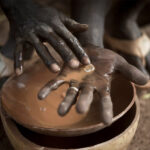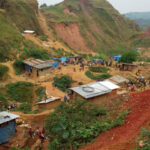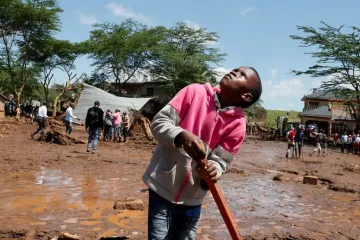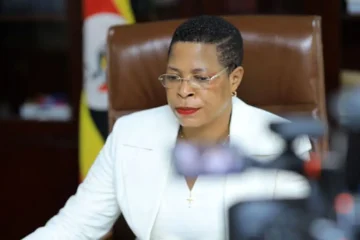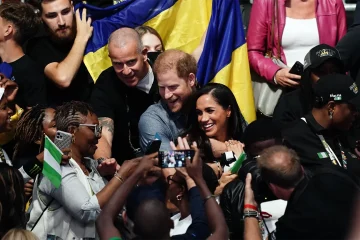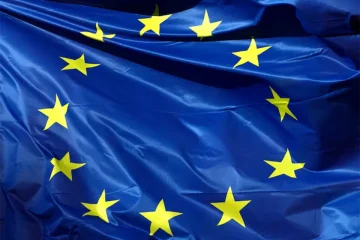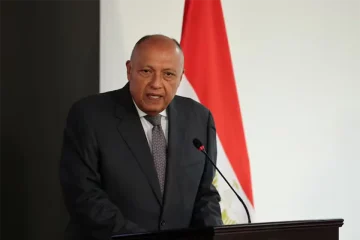[tta_listen_btn listen_text=”Audio” pause_text=”Pause” resume_text=”Resume” replay_text=”Replay”]
A 25-year deal published this week by the Congolese government hands a little-known UAE firm exclusive rights to export artisanal gold at preferential rates, prompting criticism it will solve none of the issues it was meant to address.
Authorities in the Democratic Republic of Congo had touted the deal, signed in late 2022, and made public on Monday, as a way to clean up the country’s informal, or artisanal, mining sector where smuggling has led to the loss of millions of dollars in tax revenue each year and helps to fund armed groups destabilising Congo’s mineral-rich eastern provinces.
The new contract is renewable and gives Primera Group a majority share in two joint ventures with exclusive rights to export artisanally-mined gold at an “exclusive preferential rate” of 0.25%. It also gives them exclusive rights to export artisan coltan and tin, tantalum and tungsten (3T) at an exclusive tax rate of 3.5%.
Analysts and watchdog ‘Le Congo n’est pas a vendre’ (Congo is not for sale), a group of 14 Congolese and international organisations that push for transparency in mining and financial sectors, said the contract’s length and advantageous tax rate were troubling.
“A monopoly on the export of all artisanally-mined gold and 3T minerals, for 25 years … raises great concerns about fairness,” Jean Claude Mputu, spokesperson for the watchdog, said.
The UAE foreign ministry and Primera Group, which describes itself on its website as a diversified conglomerate based in the UAE capital Abu Dhabi, did not immediately respond to a request for comment.
The Congolese government did not comment when it published the contract, following pressure from the International Monetary Fund for transparency.
In February, however, Finance Minister Nicolas Kazadi said smuggling had already declined. He cited data that showed Primera’s artisanal gold exports over 45 days from one eastern province were six times higher than the province’s equivalent exports for all of 2022, but did not explain how that proved smuggling had declined.
Mputu and two former U.N. analysts said the deal’s advantageous tax terms for exporting raw minerals were also incompatible with the government’s avowed wish to establish processing capacity within Congo so it can earn more from its vast mineral wealth.
The contract only requires Primera to establish a gold refining plant within Congo when the volume of gold to be refined exceeds 60 tonnes per year.
That threshold remains far off. Primera has said it exported 650 kilograms of artisanal gold from the province of South Kivu between January and April.
Meanwhile, its export tax rate for raw gold is 40 times better than the 10% offered to a fledgling local processor of refined gold, said Gregory Mthembu-Salter, former U.N. analyst and head of Phuzumoya Consulting, which tracks natural resource governance.
“This looks like a deal that is going to benefit a small number of people for a very long time,” said an analyst who worked for the U.N. in Congo, speaking on condition of anonymity.


